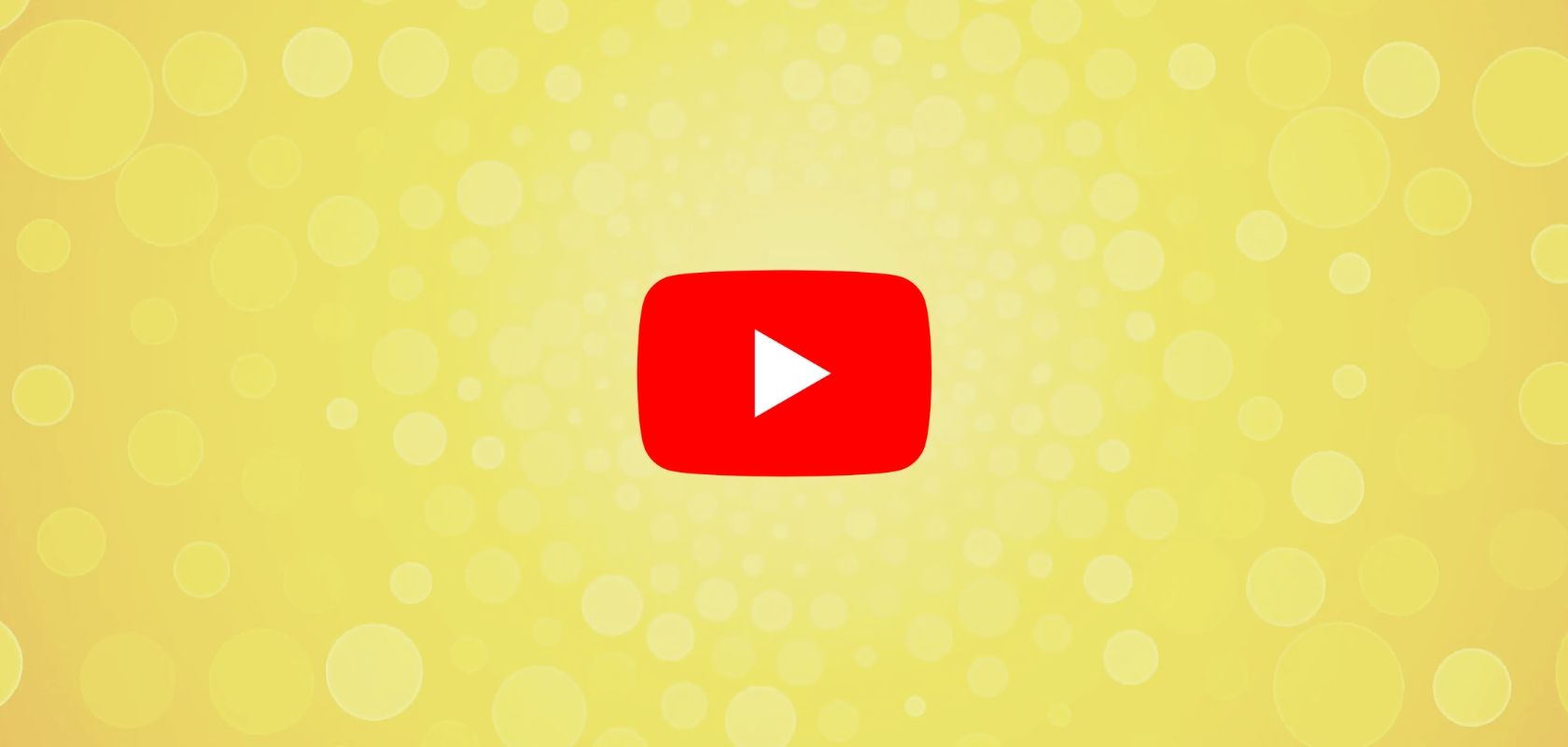In September, YouTube reached a $170 million settlement with the US Federal Trade Commission (FTC), letting itself off the hook for any past violations of Children’s Online Privacy Protection Act (COPPA) on the platform.
The violations stemmed from YouTube’s inability to verify the age of its users, meaning that children under 13 had been able to access age-inappropriate content, while their personal data was collected in the process – contrary to COPPA provisions.
Click here to display content from X.
Learn more in X’s privacy policy.
https://twitter.com/HarVTapL/status/1212286375547949056
In order to ensure its business interests would not be harmed by any future violations, with this settlement YouTube accepted FTC’s demands and devised new rules, that came into effect on January 1 – and which pretty much wholesale shift all of the responsibility to creators.
According to the settlement, YouTubers must manually flag existing videos and any new upload as “child-directed” – if that’s the case. But it quickly became obvious that YouTube would not even provide proper guidelines about what’s considered “child-directed” content and how to properly identify it.
Even though the settlement took place in September, it took YouTube until December – just three weeks before the new rules came into effect – to “contact the FTC” and seek clarifications in an apparent attempt to perhaps mitigate the potential income losses and legal trouble creators could suffer if a COPPAcalypse is manifest.
https://twitter.com/trainboy9705/status/1212390142939475968
This latest “apocalypse” on YouTube, as ever, wouldn’t affect the company but creators, and this one has the potential to cause damage to a large number of YouTubers by significantly reducing their revenues on the platform. That’s because of how broad the very definition “child-directed” and “child-attractive” is – this could be anything a child shows an interest in, regardless of a creator’s intent.
And if the video is labeled as such, YouTubers can say goodbye to lucrative personalized ads, which must be switched off to protect children’s personal data. This could remove from 60 to 90 percent of revenues from such videos, some tests have shown.
And if content is not labeled as “child-directed” but is found to be that? YouTube’s settlement with the FTC mains only creators individually will be held responsible for breaking the law. In the past, the FTC would go after entire platforms. That YouTube has agreed to this new approach reveals that the giant truly has no problem throwing creators under the bus any chance it gets.










